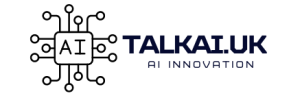Introduction
The advent of artificial intelligence (AI) is a game-changer in almost every field, from healthcare to automotive to finance. Like any powerful tool, its impacts can be both positive and negative. In the labor market, it holds the potential to both end unemployment or trigger the next great depression. This article will explore these possible scenarios and provide insights into how society might navigate these divergent paths.
The Utopian Dream: AI and Zero Unemployment
The rosy scenario for AI’s impact on employment lies in its potential to create new jobs and industries, increase productivity, and enable employees to focus on complex tasks.
Job Creation
As AI continues to evolve and improve, we can expect new industries to emerge. These could range from autonomous vehicle management, AI ethics consultation, to AI-driven content creation. This isn’t a radical idea: the rise of the internet sparked new roles like web developers and social media managers that were unimaginable just a few decades ago.
Productivity Boost
AI has the potential to enhance our productivity significantly. For instance, AI algorithms can help doctors read medical scans more accurately, or assist lawyers in scanning through vast amounts of legal documents. This might not directly create new jobs, but it can significantly increase job efficiency, leading to overall economic growth.
Task Reallocation
AI can handle repetitive, routine tasks, freeing up time for workers to focus on more complex tasks that require critical thinking and creativity. This could result in more satisfying jobs and increase human potential.
The Dystopian Nightmare: AI and Mass Unemployment
However, the fear that AI could lead to massive job losses isn’t unfounded. As machines become more capable, many jobs currently performed by humans may become obsolete.
Job Displacement
AI automation threatens jobs across various sectors. For example, self-driving vehicles could potentially replace truck drivers, and AI customer service could replace call center workers. These job losses, unless offset by new opportunities, could lead to significant unemployment.
Economic Inequality
Job displacement might disproportionately impact certain demographic groups or regions, leading to economic inequality. Low-skilled workers may be particularly vulnerable as AI takes over routine tasks. This could create a wealth gap between those who can adapt to the AI economy and those who cannot.
Skills Gap
The transition to an AI-centric job market requires new skill sets. There’s a risk that the pace of change may outstrip the speed at which workers can retrain, leading to a skills gap. This could result in high levels of unemployment even as high-skill jobs go unfilled.
Navigating the Future
The question isn’t whether AI will change the job market, but how. To steer towards the best-case scenario, we must take proactive measures.
Reskilling and Upskilling
Emphasizing education and training in AI-relevant fields can help workers adapt to the changing job market. Companies, educational institutions, and governments should collaborate to offer reskilling and upskilling programs.
Universal Basic Income
Some argue that a Universal Basic Income (UBI) could help cushion the impact of job losses. This would provide everyone with a basic living wage, regardless of employment status, ensuring people can maintain their living standards while transitioning between jobs.
AI Ethics and Regulation
Establishing ethical guidelines and regulations around AI use can help ensure its benefits are equitably distributed. This includes addressing biases in AI, safeguarding privacy, and ensuring accountability for AI decisions.
Conclusion
The impact of AI on employment is a double-edged sword, with potential for both unprecedented job creation and mass job displacement. Our task is to maximize the benefits while mitigating the drawbacks, through thoughtful policies and proactive preparation. This is a shared responsibility for governments, businesses, educational institutions, and individuals alike. By embracing change and preparing for it, we can ensure that AI serves as a tool for economic prosperity, rather than a catalyst for depression



